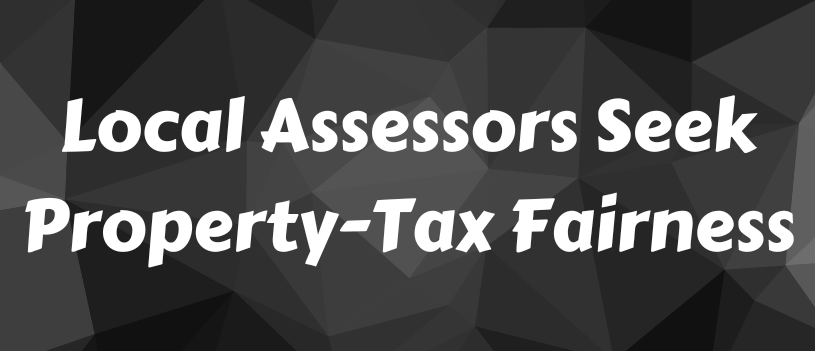Municipal property-valuation officials from all over the country recently came together to discuss with President Joe Biden’s administration the widespread issue with unfairness in local property taxes. It was requested by these officials to tap into national data about the condition as well as the quality of homes across the US in order to make an effort for property-tax fairness.
Property taxes raise roughly $500 billion a year nationwide, however, there are inequities that can be found in America’s property tax system. It has been found that tax assessments tend to exaggerate the taxable value of inexpensive homes while understanding the value of expensive homes. With this in mind, working-class Americans are forced to pay higher property tax rates even though the taxable value doesn’t match the true value of their property.
Assessor Fritz Kaegi from Chicago states that the reason for the unfairness in taxes is possibly due to items assessors are not measuring such as the quality and the condition of the homes. He suggests that tapping into the Uniform Appraisal Database (UAD, which is maintained by the federally chartered mortgage buyers Fannie Mae and Freddie Mac, could assist with eliminating inequality. This database provides information on the condition and quality of millions of homes throughout the country which were appraised for mortgages.
In order to assist with Kaegi’s mission to create property-tax fairness, he gathered 15 other tax officials from urban areas to join him in asking for access to the UAD. At this time, federal officials haven’t granted their request. The main red flag officials are concerned with is providing the assessors access to home buyers’ private information. They would need to filter out all private information, like names of the owners and lenders.
Residential property taxes are generally calculated based on the fair market value of a home. A majority of assessments are based on recent sales of similar houses in the area. This process is known as mass appraisal which relies on computer models to calculate average values like square footage of living space and applies the value to each residence.
Unfortunately, local assessors cannot enter homes without permission of home owners, so they do not have real data on each home’s quality. This means the assessors can’t take into account individual improvements or maintenance issues that may affect value. According to Kaegi, the UAD can provide the data that assessors currently lack which can help make property taxes more fair.
In an article published by Bloomberg News reports last March, it highlighted the widespread regressivity in property taxes. The article showed that roughly nine out of ten counties in the US were evaluated unfairly. This is why Kaegi has requested that the White House allow them access to relevant UAD data to help our country get one step closer to fair property taxes. The administration did confirm that there is currently a presidential task force that is examining racial equality in home-loan appraisals which is also exploring property-tax fairness. Overall, we will have to wait and see what changes will take place that will help the working class see fairer property taxes for their homes.
